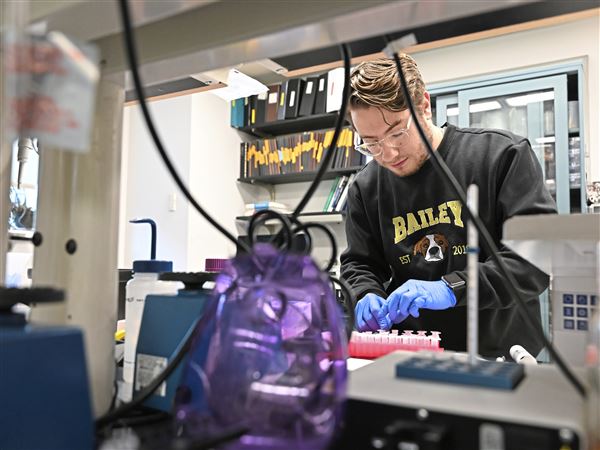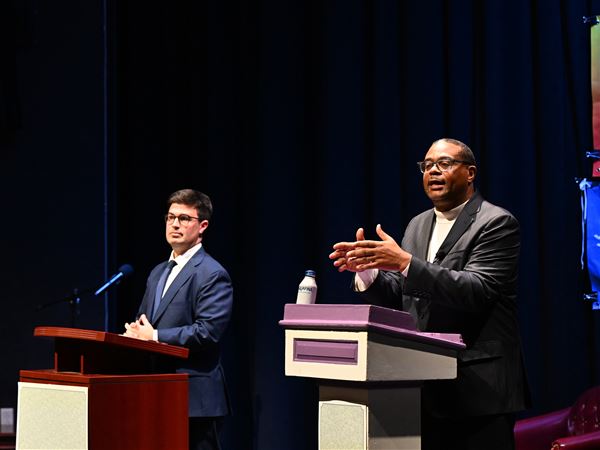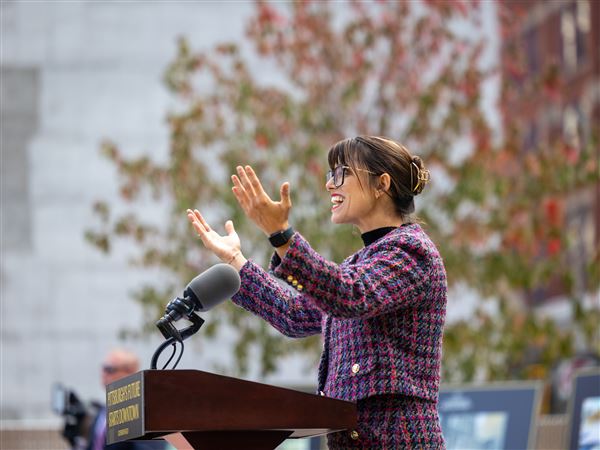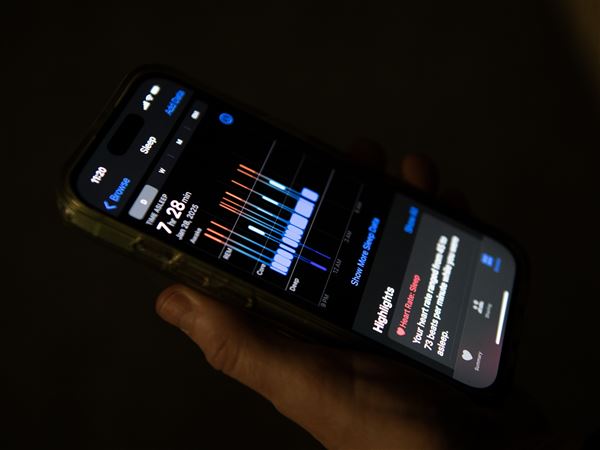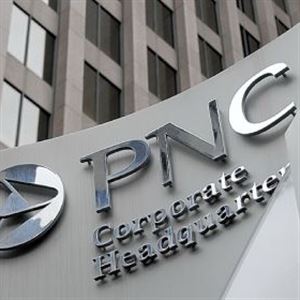Testifying at Tuesday's state Environmental Quality Board hearing in Pittsburgh, Rachel Martin Golman of Squirrel Hill said Pennsylvania's proposal for controlling power plant air emissions is so weak it is "unconscionable."
It was the kindest thing said by any of the 15 people testifying at the first of three public hearings against the power plant emissions rule proposed by the state Department of Environmental Protection.
"This rule would allow coal-burning power plants to emit pollution 40 percent higher than they are already emitting and nine times higher than what they can already achieve," Ms. Golman said. "It's letting the power plants off the hook."
No testimony was offered in defense of the rule, which is up to four times less stringent than similar rules enacted or proposed in New York, Maryland and Delaware to control power plant pollution which, according to the DEP, totaled 130,683 tons of nitrogen oxides, or about 80 percent of all Nox emissions in the state in 2012.
Because it can't meet federal health-based air quality standards, Pennsylvania is required to write new rules to limit emissions of Nox and volatile organic compounds from its 31 coal-fired power plants. Those emissions, in a chemical reaction with sunlight, form ground level ozone, the principal component of smog, which can cause or exacerbate asthma, heart attacks, reduced lung function, increased hospital stays, stroke and premature death.
But the proposed rule would allow many of the power plants, including five of the eight largest already equipped with selective catalytic reduction equipment, or "SCRs," to continue to operate without turning the pollution controls on.
"Not requiring emissions control at levels achievable with SCR creates the potential for industry to turn off SCR at plants where it is already installed while still meeting their emissions thresholds," said Valessa Souter-Kline, Western Pennsylvania outreach coordinator for PennFuture. "This is a bad policy decision that fails to take advantage of this opportunity to improve air quality for residents of southwestern Pennsylvania."
The rule would also change a requirement that power plants meet pollution standards on a daily basis and substitute a 30-day rolling average for multiple power plants owned by one company that could allow some power plants to make no emissions reductions and create pollution hot spots, opponents said.
"People breathe every minute of every day," said Barbara Grover of Squirrel Hill. "The air quality should not be something that's averaged over a long period of time."
Heather Wechter of Mt. Lebanon said, "Coal plants should not be allowed to determine the day-to-day quality of our air."
Prior to the hearing, a handful of environmental organizations held a news conference outside the DEP offices on Washington's Landing to denounce the proposed rule. And earlier in the day, Pittsburgh's City Council unanimously passed a resolution supporting stronger, health-protective emissions standards for smog producing pollution.
Mayor Bill Peduto, in a statement issued prior to the hearing, said the city's continued economic growth and neighborhoods depend on clean air, and concluded that the state proposal "will not support those needs."
A second hearing will be held in Norristown, Montgomery County, today and a third in Harrisburg on Thursday. The public comment period on the proposed rule ends June 30.
Don Hopey: dhopey@post-gazette.com or 412-263-1983.
First Published: May 28, 2014, 3:47 a.m.
